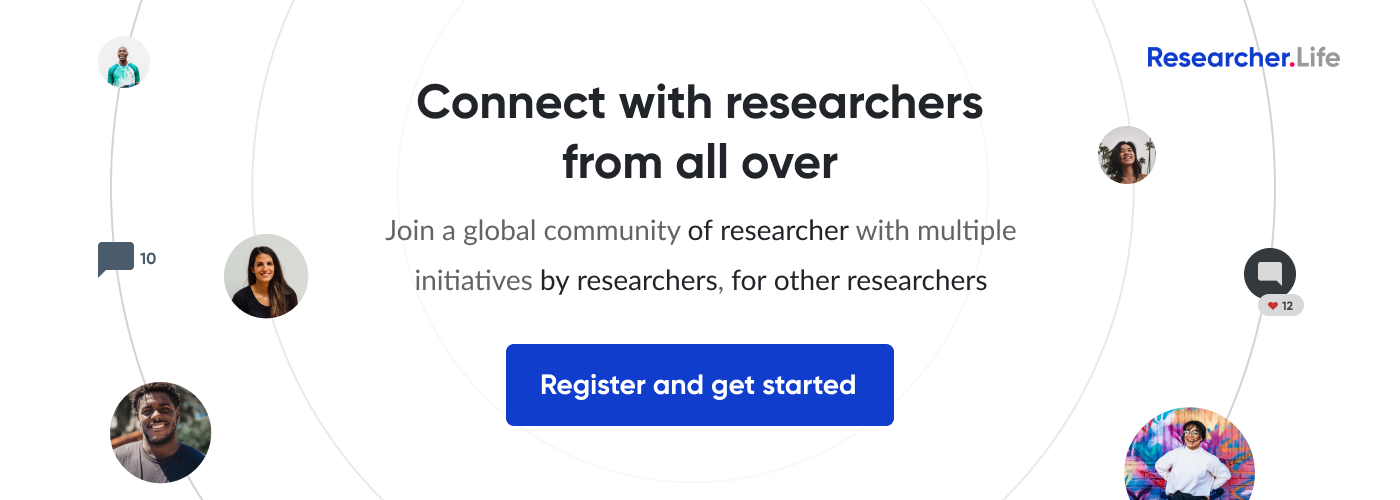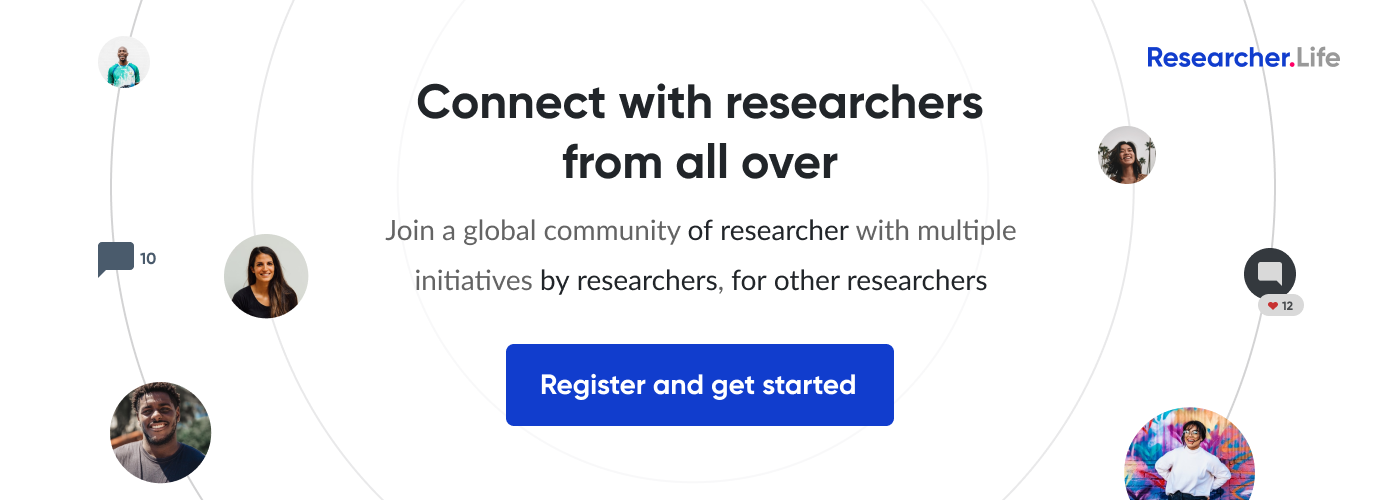What defines success in academia?

“The pleasure of work is open to any one who can develop some specialized skill, provided that he can get satisfaction from the exercise of his skill without demanding universal applause.”
-Bertrand Russell in The Conquest of Happiness
Although academics are no different from scientists in that their pursuits are typically independent of interpersonal relations, they do aspire to be successful—and measuring success in academia is not as objective as, for example, determining the concentration of a given chemical in a solution or using the Likert scale to identify personal preferences. So, how is success to be measured in academia, which lacks the convenience of a balance sheet that can clearly reveal the success or failure of a business?
Some visible signs of success
- Publications are the strongest currency in academia: How often have you published and in which journals? For readers of Editage Insights, the importance of publications is obvious, and frequent publication – but not too frequent as to raise suspicions – either in high-impact-journals or in those specialty journals that are highly regarded by the author’s peers constitutes the most important mark of success. In fact, most other forms of success follow in the wake of an impressive track record of publications because that is also the most visible mark of success and establishes an academic’s reputation.
- Invitations to review manuscripts, although far from visible because the process is confidential, often indicate progress, a sign that you have ‘arrived’ as it were, and that you enjoy the confidence of journal editors. Although reviewers are anonymous, many journals publish lists of those who acted as reviewers, or referees, once a year, which means that your contribution can be recognized. Serving as an examiner for the award of a PhD is also a sign of recognition by your peers.
- Editorship of a journal is the culmination of the journey an academic begins by being a reviewer. Editors are the traditional gatekeepers of knowledge, which shows the importance of being an editor of a journal: whereas reviewers get to recommend whether a given piece of research is worthy of publication, editors get to direct the course of progress of an academic discipline by shaping their journals’ policies, choosing the subfields to focus on and, equally important, the subfields to ignore.
- Positions on academic bodies and professional organizations or societies typically go to those with an impressive body of work: to be the president of a science academy or a society devoted to one’s field of specialization is proof enough of the high esteem you enjoy among your peers, all the more so because these positions are typically filled by ballot—literally a vote of confidence. Less visible but nevertheless important are positions on selection committees meant to select candidates for higher positions in the academia or for awards of grants or even as fellows of professional societies. Being a mentor or a research supervisor for many doctoral students is yet another mark of success.
- Positions of advisors to state agencies, for example being an economic adviser to the ministry of finance or a scientific adviser to the ministry of science or an advisor on educational policy to the ministry of education, extend the recognition of your work well beyond a narrow academic discipline and, again, a particularly visible sign of success.
Some not-so-visible signs of success
As academics continue to work in their chosen field and acquire particular expertise, that expertise can be in demand outside the academia, and such demand too is a mark of success.
- Being called upon to act as an expert witness is a sign that your expertise is recognized and you are considered important enough to be part of the process of justice: somebody’s fate may hang in balance as a result of your evidence (a DNA match, for example, or accurate identification of some material object).
- Consultations to your peers and early-career researchers are the means by which you put to good use your expertise to advance the careers of others: although such a service may bring little official recognition or honour to you, it can nevertheless be a matter of immense personal satisfaction – although not in material terms – and can contribute to happiness in the sense Bertrand Russell implied.
- Invitations from businesses or the industry is another aspect of success and one that can be easily measured in material terms in the form of consultation fees, royalties, and so on. The number of patents to one’s name also comes to mind, although that form of recognition not considered strictly academic.
Quantifying success and impact
The signs listed above are the more traditional means of judging success in the academia. However, times are changing and, as purse strings tighten and demands for accountability become more strident, academic success has to be quantified: the demand for ‘impact’ CVs in the academia (Andrews 2022), the Altmetric score <https://www.altmetric.com/audience/researchers/>, the amount of funding secured, and the number of doctorates awarded under one’s guidance are some of the metrics being used to measure academic success. Whether this is as it should be or,
as I had argued once (Joshi 2014), whether scientists themselves should devise more scientific means to measure success, is another matter.
References
- Andrews K. 2022. Why I wrote an impact CV. Nature Careers, doi: https://doi.org/10.1038/d41586-022-00300-6
- Joshi Y. 2014. Evaluating scientists scientifically [guest editorial]. Current Science 107: 1363–1364
- Russell B. 1930. The Conquest of Happiness. London: George Allen & Unwin. 252 pp.
Comments
You're looking to give wings to your academic career and publication journey. We like that!
Why don't we give you complete access! Create a free account and get unlimited access to all resources & a vibrant researcher community.














